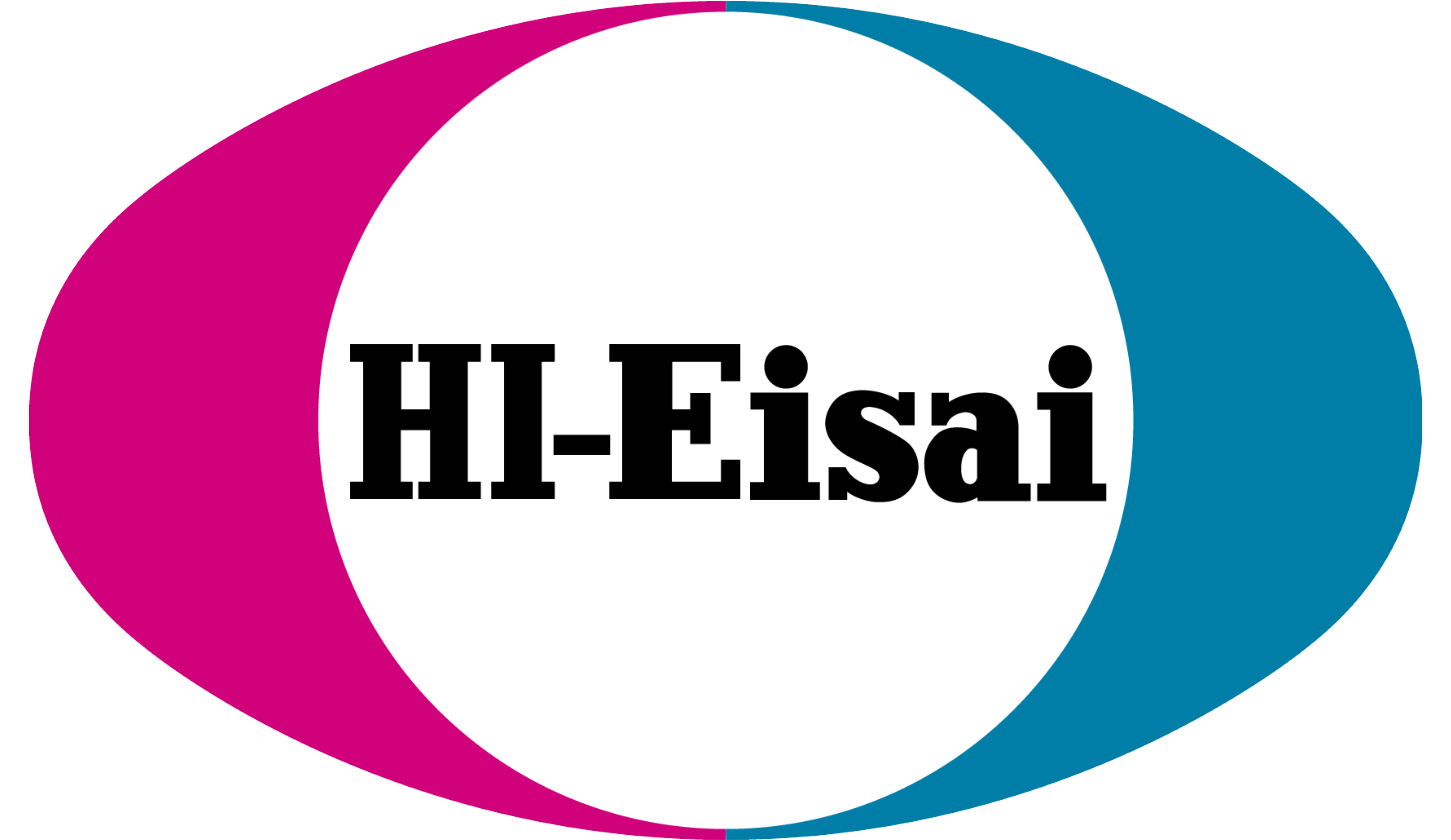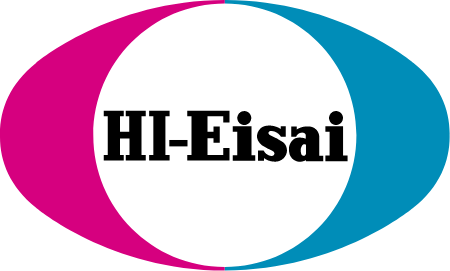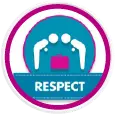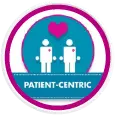Breast Cancer and Family History: Understanding the Connection
Breast cancer is a complex disease that can be influenced by both genetic and environmental factors. One significant risk factor for breast cancer is a family history of the disease. Understanding the link between breast cancer and family history is crucial for early detection and prevention efforts. Here, we explore the importance of knowing one’s family history, the role of genetic counseling, and screening recommendations for individuals with a family history of breast cancer.
Family History and Breast Cancer Risk: Having a first-degree relative (such as a mother, sister, or daughter) who has been diagnosed with breast cancer can increase an individual’s risk of developing the disease. The risk is higher if the relative was diagnosed at a young age or if multiple relatives on the same side of the family have had breast cancer. In some cases, breast cancer can be linked to inherited gene mutations, such as BRCA1 and BRCA2.
Importance of Knowing Your Family History: Knowing your family history of breast cancer is important for several reasons. It can help identify individuals who may be at increased risk and may benefit from early screening or genetic testing. It can also inform Doctors about the need for more aggressive screening measures or preventive strategies.
Genetic Counseling and Testing: Genetic counseling is recommended for individuals with a strong family history of breast cancer or other risk factors. A genetic counselor can help assess your risk based on your family history and recommend appropriate screening or testing. Genetic testing may be recommended to identify specific gene mutations that increase the risk of breast cancer.
Screening Recommendations: For individuals with a family history of breast cancer, screening recommendations may vary based on their level of risk. In general, it is recommended that women with an increased risk of breast cancer start screening mammograms at an earlier age and undergo more frequent screenings. Additional screening modalities, such as breast MRI, may also be recommended in some cases.
Understanding the link between breast cancer and family history is essential for early detection and prevention. By knowing your family history, seeking genetic counseling when appropriate, and following recommended screening guidelines, you can take proactive steps to manage your breast cancer risk and protect your health.






